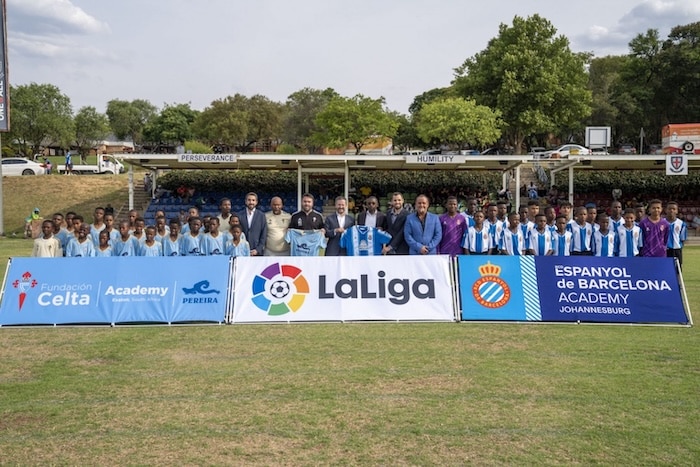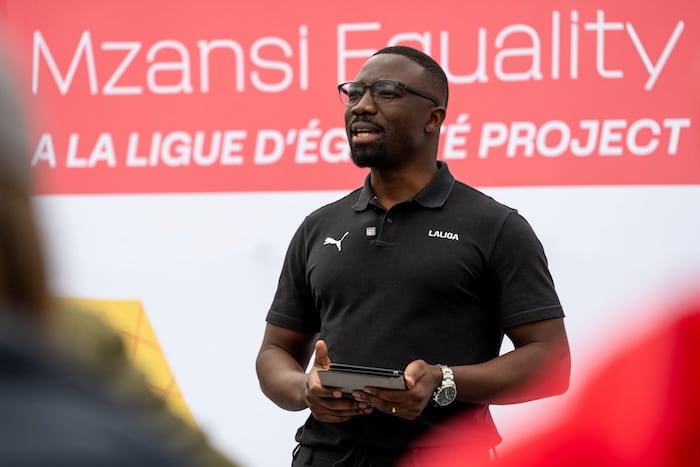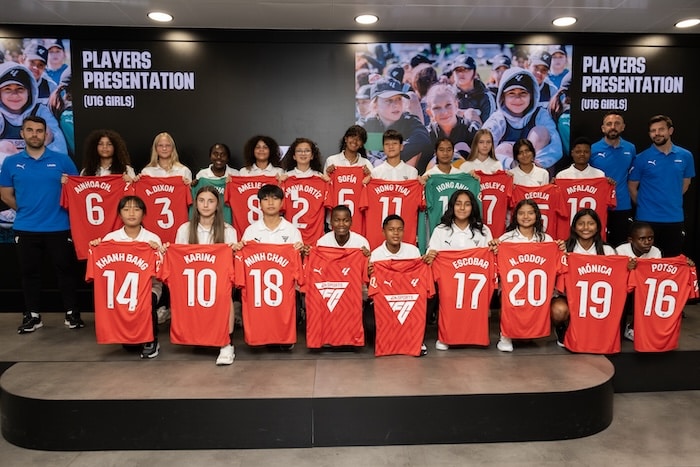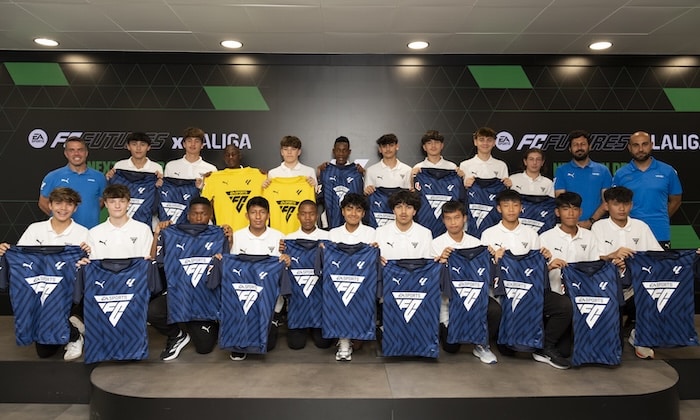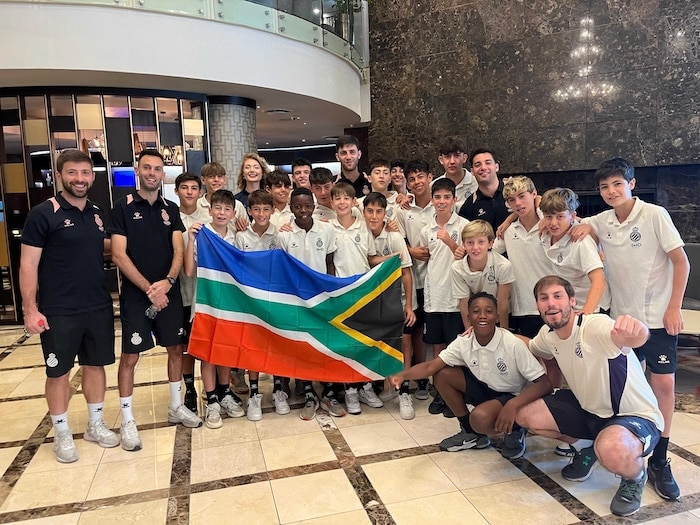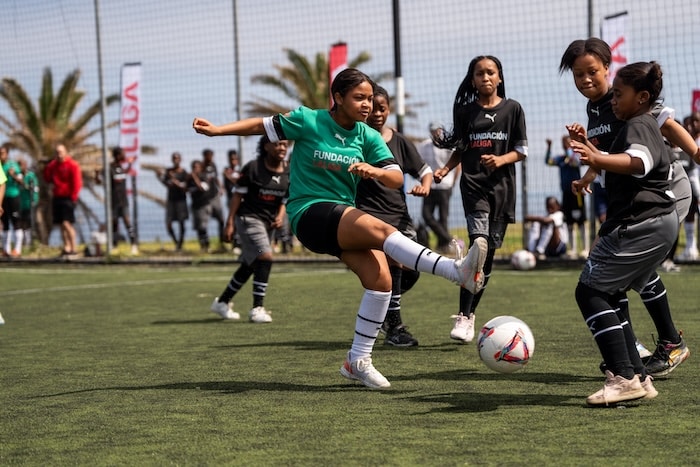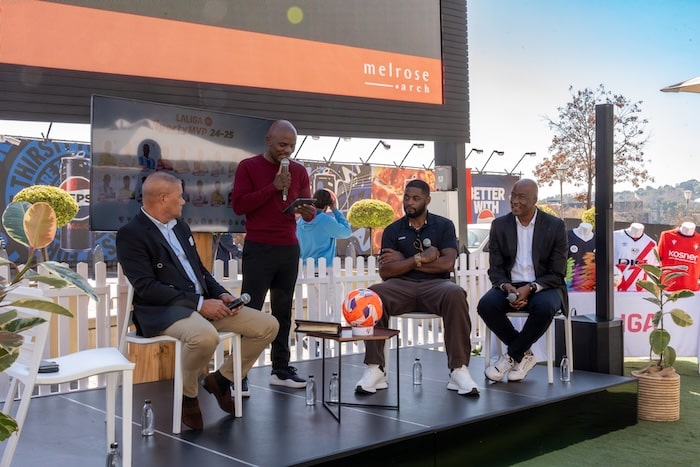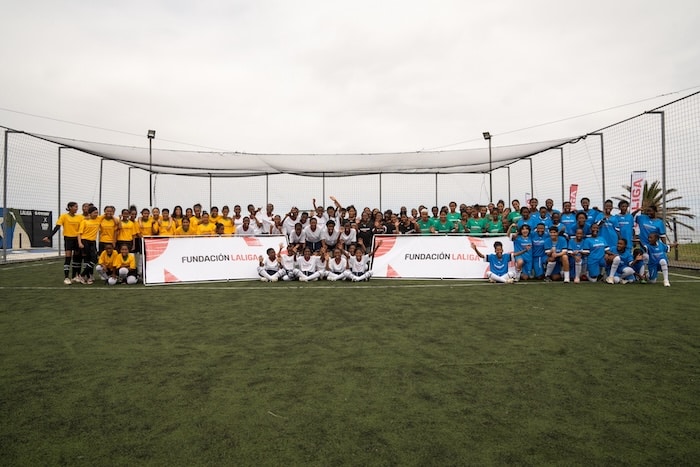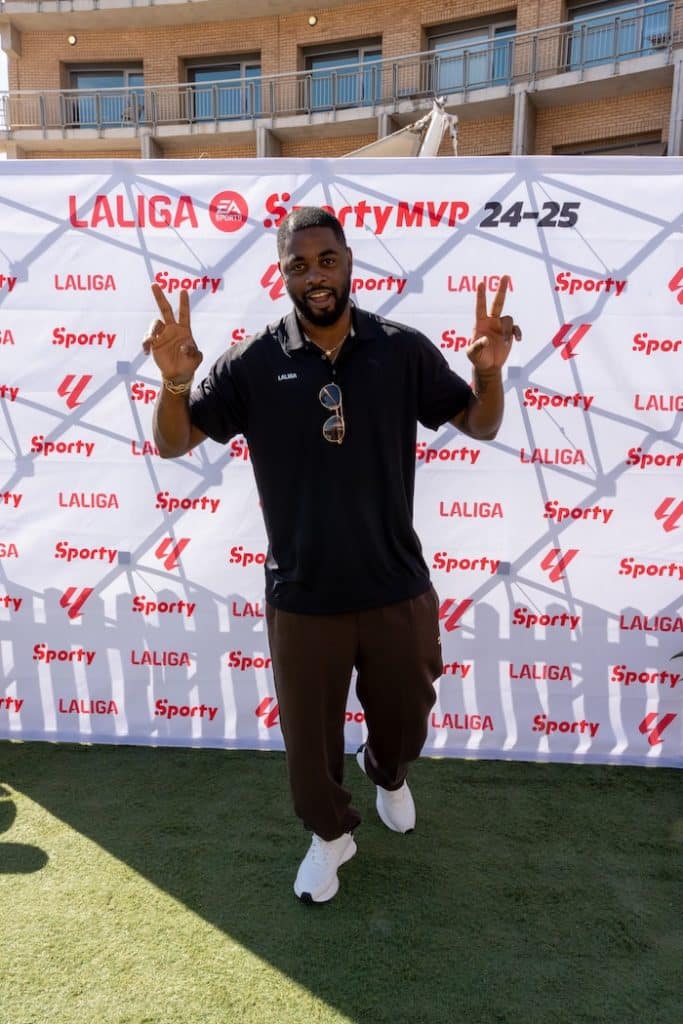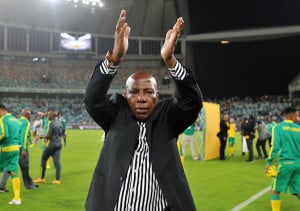While developing grassroots football has always been top of mind for Africans that love the beautiful game, the continent has found an ally to help fulfil these needs in LALIGA and it’s development programmes.
This investment in grassroots development is mutually beneficial for African football as well as the Spanish league because not only does LALIGA believe in the power of sports to drive social change by promoting equality and inclusivity, but they also see the active driving of social change as an imperative component of developing footballers and coaches.
When you look at their focus on South Africa specifically, there are plenty of emotive connections to draw on. Mzansi will always have a romantic association for Spaniards as the place where they won their maiden FIFA World Cup title in 2010. The locals are also still influenced by how La Roja conquered the only World Cup the continent has hosted.
In addition, Spain lead the way when it comes to women’s football as the current world champions. There is no better place for them to spread their trailblazing influence than South Africa, the home of the current Women’s AFCON champions.
An initiative that shows how impactful their presence has been the introduction of academies after RCD Espanyol de Barcelona opened the first one in South Africa.
The local response to the academy opening in Johannesburg was overwhelming. When they held their initial trials in 2022, over 5000 boys and girls turned up from all over the country.
The academy trials was an immediate indication of the desperate need to have more programmes like this in South Africa, but also how many people the Espanyol and LALIGA brand could reach right from the start.
From there, a player’s experience of the programme can be a thrilling journey. The RCD Espanyol academy works in a partnership with IBERCUP who are experts in the international youth football sector. They are responsible for hosting LALIGA camps around the country as well as the Ibercup International Youth Football Tournament where academy teams from around the world get to play each other in different international locations.
The impact of the academy has helped reaffirm RCD Espanyol’s commitment to its youth training system and it aligns perfectly with the club’s strategic vision of expanding their legacy and training model globally.
As LALIGA continues its plans on expanding its footprint in Southern Africa, more clubs have introduced similar programmes nearby. Celta Vigo have an academy in Evaton, Real Betis launched one in Harare and there is an FC Barcelona Academy in Lusaka.
While the public demand for institutions is clear, an immediate hurdle that any football academy would need to address in South Africa is how to provide help for disadvantaged players who do not have the resources to attend.
In this regard, Vumatel has stepped up as a sponsor of the RCD Espanyol Academy and in the truest sense of the word the local tech giant has providing a bursary programme that provides the opportunity for more talented players to develop in the academy.
Vumatel became a headline partner due to its shared values with the academy: of creating opportunities that have the potential to change lives for individuals as well as communities.
The idea of developing footballers not just as players, but as leaders and positive influences in their communities is a theme that comes up in all LALIGA initiatives when it comes to international development.
LALIGA’s commitment to offering equal opportunities for young players regardless of background is demonstrated by their backing of the Mzansi Equality League that had its inaugural season in Cape Town last year.
It’s a six-week tournament for young girls that doesn’t just provide playing opportunities but also goes hand-in-hand with a programme in leadership development that includes workshops and values-based training sessions based on its ‘Values to Win’ methodology.
The tournament model has previously had success in Cameroon and Kenya and is designed to empower young girls through sport in a safe, structured environment. Another fundamental aim of the tournament is to address socio-economic challenges by creating more future pathways through what it offers.
Beyond tournaments like this, their groundbreaking work in the women’s game can be seen in other areas of Southern Africa.
Recently, around 20 scholarships were given to female players (which included prospects from South Africa, Zambia and Tanzania) who shone in international under-17 competitions.
They were provided with the opportunity of pursuing academic studies at an international school while their football skills could develop under well-qualified youth coaches.
This year also saw the exciting development of the global Next Gen Draft tournament that took place in the North West back in March, which is an initiative that stems from the EA SPORTS FC FUTURES grassroots social impact programme that targets boys and girls aged between 13 and 14.
Through EA SPORTS FC FUTURES , the tournament offered about 200 boys and girls the chance to receive training and guidance from top UEFA coaches. This serves as strong proof of LALIGA’s commitment to invest in local community talent.
Again, while one aim of the tournament is to discover and develop young football talent, it’s also a vehicle that uses the values of football for strengthening community engagement.
The tournament itself was played in the 5v5 Rush mode that’s featured in the EASPORTS FC25 game. There were also training sessions overseen by UEFA grassroots coaches.
From the tournament, four boys and four girls were selected to travel to Madrid for a training camp with LALIGA and its clubs. The criteria for selecting who would get this dream opportunity was not just based on football but how they displayed key values like commitment, effort and teamwork.
The successful tournament in Rustenburg formed part of FC FUTURES, which is EA SPORTS’ long-term global initiative that’s dedicated to developing football at grassroots level.
This is not just aimed at helping players, but coaches too. As a way to make expertise more accessible, EA SPORTS FC has created a free, online training library for coaches that can be accessed worldwide.
The reach of FC FUTURES also extends to the refurbishment of football pitches in disadvantaged areas. They’ve worked on projects doing so in Cape Town that provides more safe, accessible spaces to play football. The newly launched community football pitch at the Glen Country Club is an example of this work.
KwaZulu-Natal has also felt the effect of these grassroots programmes. There have been LALIGA Camps held there conducted by over 900 Spanish youth football coaches.
Camps like these also provide the coaches with a great test of how they can exercise LALIGA’s values of empathy, effort, and adaptability.
While South Africa has received plenty of focus when it comes to these programmes, they are not LALIGA’s only target in Southern Africa. Through its active partnership with COSAFA, they have sent young footballers from the broader region to LALIGA Experiences in Spain where they are exposed first-hand to coaching methods from the Spanish clubs.
LALIGA’s use of a set methodology in what’s become a huge network of projects has also made them pioneers in among the major European leagues when it comes to international player development.
Their work in Southern Africa is an extension of their rich history of developing football talent while building strong community bonds worldwide.
Globally, these initiatives have been seen in nearly 50 countries. The network model has been a tremendous success and Southern Africa stands to benefit more and more due to sheer demand and room for more growth.
The mutually beneficial nature of these grassroots development programmes should ensure that the relationship between the Spanish league and Southern Africa have a long and prosperous future together.


